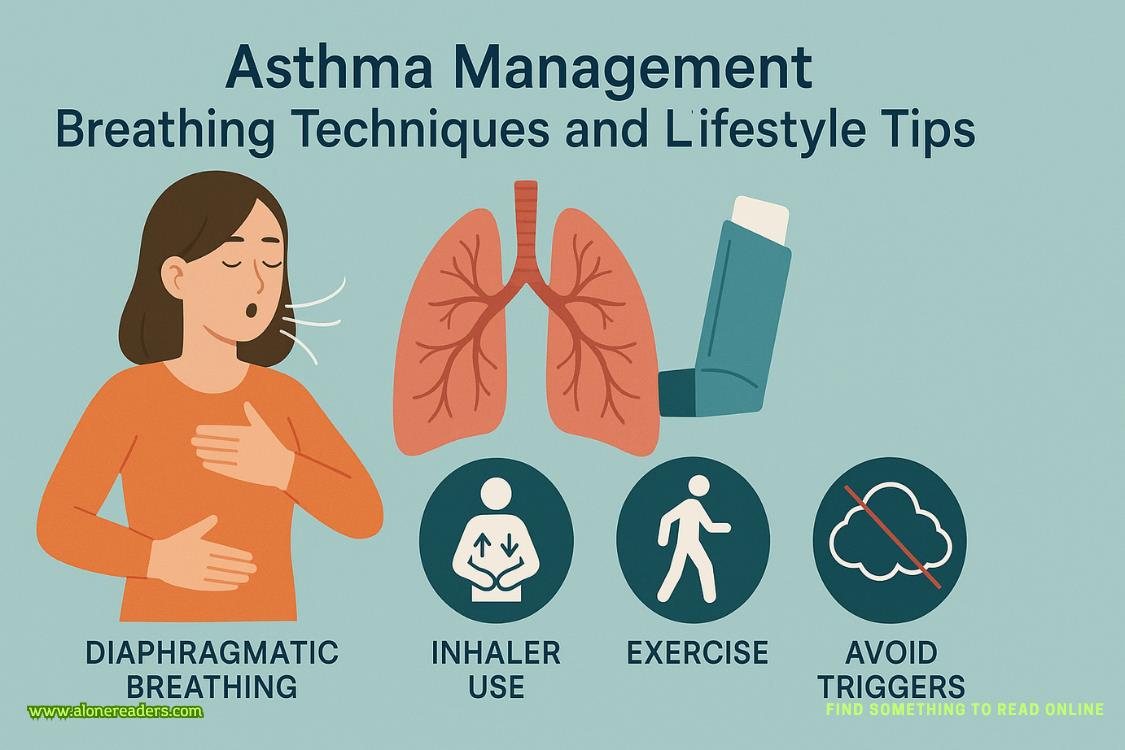Page 8 of The Bordeaux Book Club
‘I’ve shut them up – put in some extra hay. It’s going to be two degrees later.’
‘Brrr. Poor things.’
‘Ah, they’ve got feathers. They’ll be fine,’ he grinned, as he turned towards her, his mood seemingly lifted. ‘Unless you want to let them in – have them all by the fire.’
‘Not likely.’ She shuddered. She’d loved the idea of chickens from a distance. When they’d discussed their plans a few years ago, she’d talked of collecting eggs, even eating their own chickens sometimes. When confronted with the scrawny, feathered reality of them – their sharp beaks, beady eyes and strange, jerking movements, she’d felt less enthusiastic. These days, the chickens were solely Nathan’s domain.
He laughed. ‘I didn’t think so.’
‘Oh, you know me. I love them really.’
‘Just from a distance?’
‘Definitely from a distance,’ she grinned.
‘How was book group?’ he said, decanting some of the soup into Tupperware and setting it aside to cool.
She shrugged. ‘OK. There were a few of us there.’
He nodded. ‘Grace on form?’
‘Grace is always on form.’ She smiled and saw him grin in return.
‘Good point,’ he said.
The door to the kitchen opened suddenly, hitting the wall behind, and Scarlett appeared in the room, somehow flooding it with an emotional charge. She was wearing her pyjama bottoms and an enormous, black T-shirt with a picture of Kurt Cobain sketched onto it. This was a recent obsession, and Leah wondered at times whether she’d chosen this particular ‘role model’ simply to worry her. Topping the ensemble off was one of Nathan’s enormous wool cardigans, acquired from a local Christmas craft market, which hung heavily on her daughter’s permanently cold shoulders.
‘When’s food?’ she asked, her face unsmiling.
‘Hello, Mum. How’s your day?’ Leah found herself saying. It was the type of thing her mum had used to say to her as a teen, and she’d vowed never to adopt the same verbal clichés, yet here they were.
Scarlett gave her the kind of look the sarcastic comment deserved, then moved across the kitchen to look into the saucepan. ‘I hate soup,’ she said. ‘Why can’t we eat any normal food in this house?’
Leah thought of the eleven-year-old who’d skipped into the house when they’d first brought her over, had squealed when they’d told her they were getting chickens. The girl who’d helped peel vegetables from the allotment and look up recipes forcucumbers (there were few) online during the glut. The girl who had seemed to pick up French with rapidity and ease, and was able to chatter away with her friends from school within a term.
Until recently, Leah had been certain that the whole ‘teenage phase’ – and she remembered her own struggles at that age – couldn’t possibly be as horrible as depicted on TV or on internet forums. Sure, she’d had her own difficulties back in the day, but that was then. These days, parents were so much more clued up on the psychology of it all. She’d convinced herself she and Scarlett, with their closeness and shared humour and the amount of time they were able to spend together, would buck the trend and remain close despite the hormones.
Yet, a year ago, it was as if someone had spirited away her little, happy, cuddly daughter in the night, and replaced her with a snarly, prickly version. The type of person who had you treading on eggshells, who moved away from cuddles. Who found things to criticise in almost everything Leah did.
Leah had read the books and she knew the part that hormones played. She knew that children needed to separate from their parents in order to become fully fledged adults. And she’d thought she’d be OK with it, until it began to happen.
To her own surprise, she’d been so bereft since Scarlett had pulled away that she’d become like a needy ex – craving her daughter’s attention and approval, despite realising this made her seem pathetic. It wasn’t much fun viewing herself through a teenage girl’s eyes.
‘Scarlett! Dad’s worked hard on that soup.’
Scarlett’s lip curled a little. ‘So?’
‘Well, the least you could do is try a bit. It smells delicious.’ She said loyally.
‘I’m not hungry.’ The door to the kitchen closed behind her retreating daughter.
Nathan and Leah exchanged eye contact.
‘Just ignore her,’ he said. ‘She doesn’t mean it.’
‘I know, but…’
‘I know,’ he said, ladling soup into small bowls and breaking off some of the loaf they’d painstakingly baked this morning – it was a simple, whitepain. They’d dialled back on anything adventurous since the case of the ‘wholemeal sourdough’ with its unyielding crust that even the chickens had refused to peck. He brought it to her without a plate, but she managed not to say anything (although, really, why not just grab a plate? Just because they were living ‘the good life’ didn’t mean they had to live in a complete mess too).















